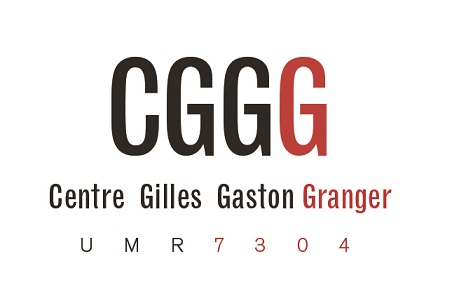In defense of Logical Pluralism
POUR UNE DEFENSE DU PLURALISME LOGIQUE
Résumé
The aim of this work is to establish the admissibility of a pluralistic conception in philosophy of logic. Logical pluralism is characterized in opposition to the two predominant conceptions in the philosophy of logic of the twentieth century: absolutism and instrumentalism. Logical absolutism affirms the existence of a single correct logic, the criteria for correction varying according to the role attributed to logic in knowledge and the status of logical laws. Logical instrumentalism, on the contrary, denies the existence of such criteria. There would therefore be no correct logic, but exclusively a variety of logical formalisms whose choice would be guided only by pragmatic criteria. To answer the question "Is logical pluralism possible" we follow two paths, one historical, the other theoretical. In the historical part we examine the instrumentalist doctrine of Carnap and the absolutist doctrine of Quine.
In the theoretical part, applying a method of analysis related to the Sequent Calculus, we propose 1) a solution to the question of the logical/non-logical boundary by means of a structural and deductive characterization of the notion of logical connective; 2) an attempt to characterize the principle of variation of logic.
L'objectif de ce travail est d'établir la recevabilité de droit d'une conception pluraliste en philosophie de la logique. Le pluralisme logique est caractérisé par opposition aux deux conceptions prédominantes dans la philosophie de la logique du XXe siècle: l'absolutisme et l'instrumentalisme. L'absolutisme logique affirme l'existence d'une seule logique correcte, les critères de correction variant selon le rôle attribué à la logique dans la connaissance et au statut des lois logiques. L'instrumentalisme logique, au contraire, nie l'existence de critères de correction. Il n'y aurait donc pas de logique correcte, mais exclusivement une variété de formalismes logiques dont le choix ne serait guidé que par des critères pragmatiques. Pour répondre à la question "Le pluralisme logique est-il possible?" nous suivons deux voies l'une historique, l'autre théorique. Dans la partie historique nous procédons à l'examen de la doctrine instrumentaliste de Carnap et de la doctrine absolutiste de Quine.
Dans la partie théorique, en appliquant une méthode d'analyse liée au calcul des séquents, nous proposons 1) une solution à la question de la frontière logique/non-logique grâce à une caractérisation structurelle et déductive de la notion de connectuer logique; 2) une tentative de caractérisation du principe de variation du logique.
Origine : Fichiers produits par l'(les) auteur(s)
Loading...
